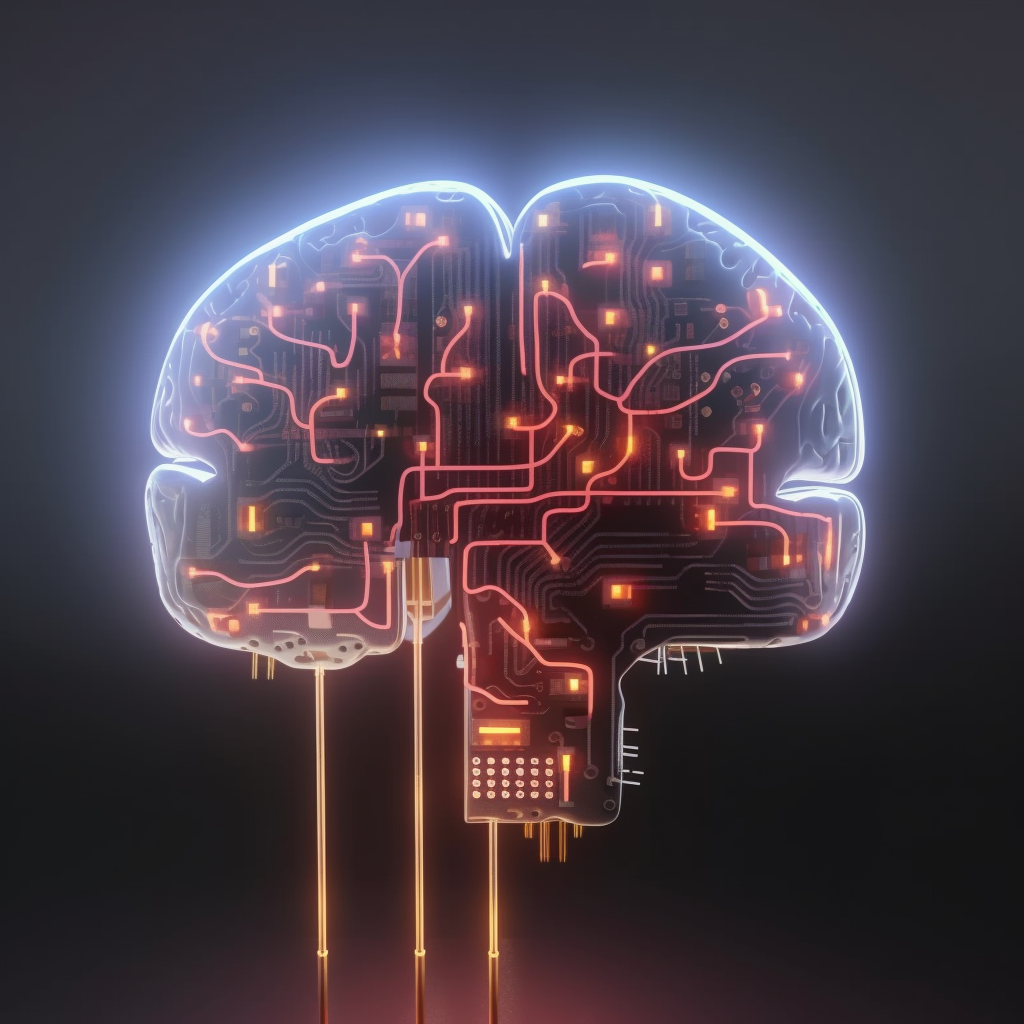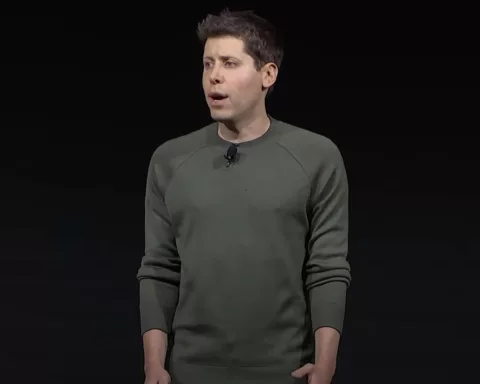In an exceptional display of AI’s transformative capabilities, a paralyzed man takes his first steps aided by innovative brain implants, according to a report by BBC News published on May 24, 2023.
The BBC News report says Gert-Jan Oskam, 40, experienced this life-altering incident twelve years ago. Now, cutting-edge implants wirelessly transmit his thoughts to his legs and feet via a secondary implant on his spine. This experimental system, described in detail in an article published in Nature, allows Oskam to walk, stand, and climb stairs merely by intending to do so. He describes the feeling of standing up again as a ‘pleasure’ many take for granted.
Led by Swiss researchers, this milestone development was made possible by delicately inserting the implants in areas of Oskam’s brain responsible for movement control. These disk-shaped implants wirelessly relay brain signals to two sensors mounted on a helmet, which are then converted into leg and foot movement instructions via a spinal cord implant.
Prof Jocelyne Bloch of Lausanne University, the neurosurgeon behind this intricate surgery, admits the system is still in its infancy. However, she hopes to transition this technology from lab to clinic promptly. Harvey Sihota, CEO of the UK charity Spinal Research, echoed Bloch’s sentiments, describing this breakthrough as “very encouraging.”
The operation involved advanced algorithm development in interpreting the brain signals accurately. Following a few weeks of training, Oskam was able to move slowly but smoothly with a walker’s aid.
This revolutionary procedure expands upon earlier work, which only utilized spinal implants to restore movement. Unlike these previous methods, the addition of brain implants allows Oskam to exercise more significant control, leading to a more natural and less robotic gait.
While the current and earlier systems are experimental and cannot be used constantly, the aim is to miniaturize and commercialize the technology. The ambition is to apply this brain-spine interface shortly after an injury, with Prof Grégoire Courtine of the École Polytechnique Fédérale in Lausanne (EPFL) noting, “The potential for recovery is tremendous.”
Indeed, the success of this technology provides a compelling glimpse into the boundless possibilities of AI in reshaping lives and redefining medical possibilities.





